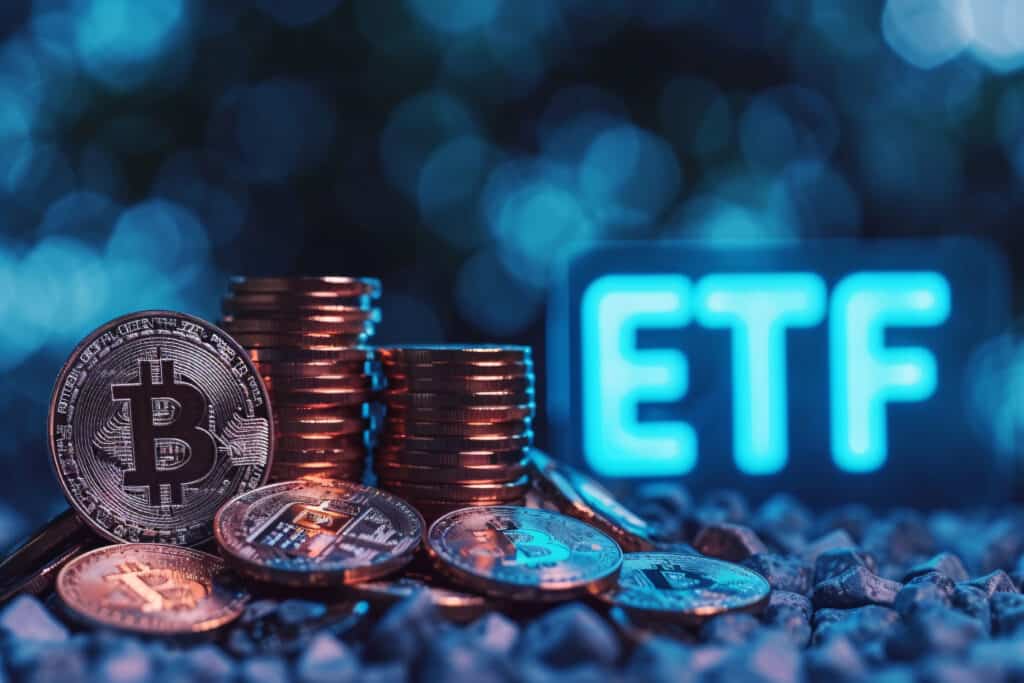
Key Takeaways:
- South Korea’s major political parties are incorporating cryptocurrency-related promises into their electoral campaigns, with the Democratic Party proposing to ease regulations on cryptocurrency ETFs, including those from the U.S., and the People Power Party suggesting a delay in crypto tax implementation until 2025.
- Cryptocurrency trading is highly popular in South Korea, with about 10% of the population engaging in transactions through registered exchanges, and a significant number of electoral candidates owning cryptocurrencies.
- Despite the electoral promises, South Korea is moving towards stricter cryptocurrency regulations, including stringent guidelines for token listings and the upcoming Virtual Asset Users Protection Act aimed at protecting users from market manipulation and illegal activities.
In a significant move ahead of the forthcoming parliamentary elections, South Korea’s major political factions are leveraging cryptocurrency-related promises as a strategic approach to win over voters.
Both leading and opposition parties have outlined distinct crypto-centric pledges in their campaigns, highlighting the growing importance of digital assets in the nation’s political landscape.
South Korea’s parliamentary election campaign is in full swing and crypto is one of the battlegrounds, underlining the nation’s status as a major digital-asset market https://t.co/JepQ3Cyxrh
— Bloomberg Crypto (@crypto) April 5, 2024
A notable proposal from the Democratic Party seeks to ease regulations on exchange-traded funds (ETFs) that hold cryptocurrencies, explicitly including those based in the United States, such as spot Bitcoin ETFs.
This initiative emerges in the wake of South Korea’s securities authority’s caution against the local distribution of such ETFs, hinting at potential legal challenges under the current framework.
Hwanseok Choi, representing the Democratic Party, affirmed their commitment to allowing both domestic and international ETFs that directly involve cryptocurrencies, underscoring this policy as a key element of their electoral platform.
Campaigning in South Korea’s parliamentary election has underlined the nation’s status as one of the world’s largest crypto markets, with both major political parties touting related inducements to win votes. https://t.co/tJ1v63SNVn
— BNN Bloomberg (@BNNBloomberg) April 6, 2024
Simultaneously, the ruling People Power Party, led by President Yoon Suk Yeol, is focusing on the economic aspects of digital currencies by proposing a postponement of taxes on profits derived from digital assets until 2025.
This tax strategy aligns with the broader goal of attracting the crypto-savvy electorate.
Cryptocurrency trading enjoys considerable popularity in South Korea, with statistics from the first half of 2023 showing that about 10% of the population engaged in crypto transactions through registered exchanges.
US spot bitcoin ETFs being used as political football in South Korea elections…
— Nate Geraci (@NateGeraci) April 6, 2024
Wild.
“Nobody cares about bitcoin.”
via @JaehyunEom pic.twitter.com/pNnLp9ZdmD
Moreover, a significant portion of electoral candidates has disclosed owning cryptocurrencies, indicating the digital assets’ penetration into the political domain.
Investor interest in cryptocurrencies is further evidenced by substantial investments exceeding $200 million in shares of MicroStrategy, a U.S.-based company well-known for its significant Bitcoin holdings.
NEW: #Bitcoin ETFs are a focus in 🇰🇷 South Korea's upcoming elections, with the Democratic Party pledging to lift restrictions on 🇺🇸 US ETFs holding tokens if they gain legislative control 👀
— Bitcoin News (@BitcoinNewsCom) April 6, 2024
Last month, South Koreans bought over $200 million worth of MicroStrategy shares 😮 pic.twitter.com/VjqonAxotx
This trend has led some analysts to describe MicroStrategy as a de facto Bitcoin ETF, given its heavy investment in the cryptocurrency.
Despite these electoral propositions, South Korea is on the verge of implementing stricter regulations on cryptocurrencies.
Anticipated measures include stringent guidelines for token listings on centralized exchanges, particularly focusing on the prerequisites for listing foreign digital assets and addressing security concerns stemming from hacking incidents.
🚨People Power Party of South Korea has pledged access to US #Bitcoin ETFs as they pursue votes for the Parliamentary elections.
— CILLIONAIRE.COM (@cillionaire_com) April 6, 2024
👉Crypto enthusiasts in South Korea do not have access to US funds. pic.twitter.com/SWsAdrhI9c
The upcoming Virtual Asset Users Protection Act, set to be enforced in July, aims to establish a regulatory framework that curtails market manipulation, illegal trading practices, and the misuse of non-public critical information in the crypto sphere.
The act includes provisions for severe penalties for violations, ranging from hefty fines to imprisonment, reflecting the government’s resolve to ensure a secure and transparent digital asset marketplace.
🚨South Korea's 🇰🇷 Democratic Party promises #BITCOIN ETF access, both local & abroad.
— RK Gupta (EarnWithRK) (@earnwithrk) April 7, 2024
President Yoon Suk Yeol's People Power Party pledges to defer digital asset profit taxes,
Wooing crypto voters. #Crypto #ETFs
This evolving political and regulatory landscape in South Korea signifies the intricate relationship between cryptocurrencies and electoral politics, as parties vie for the support of a digitally savvy electorate while navigating the challenges of integrating these assets into the formal financial system.





